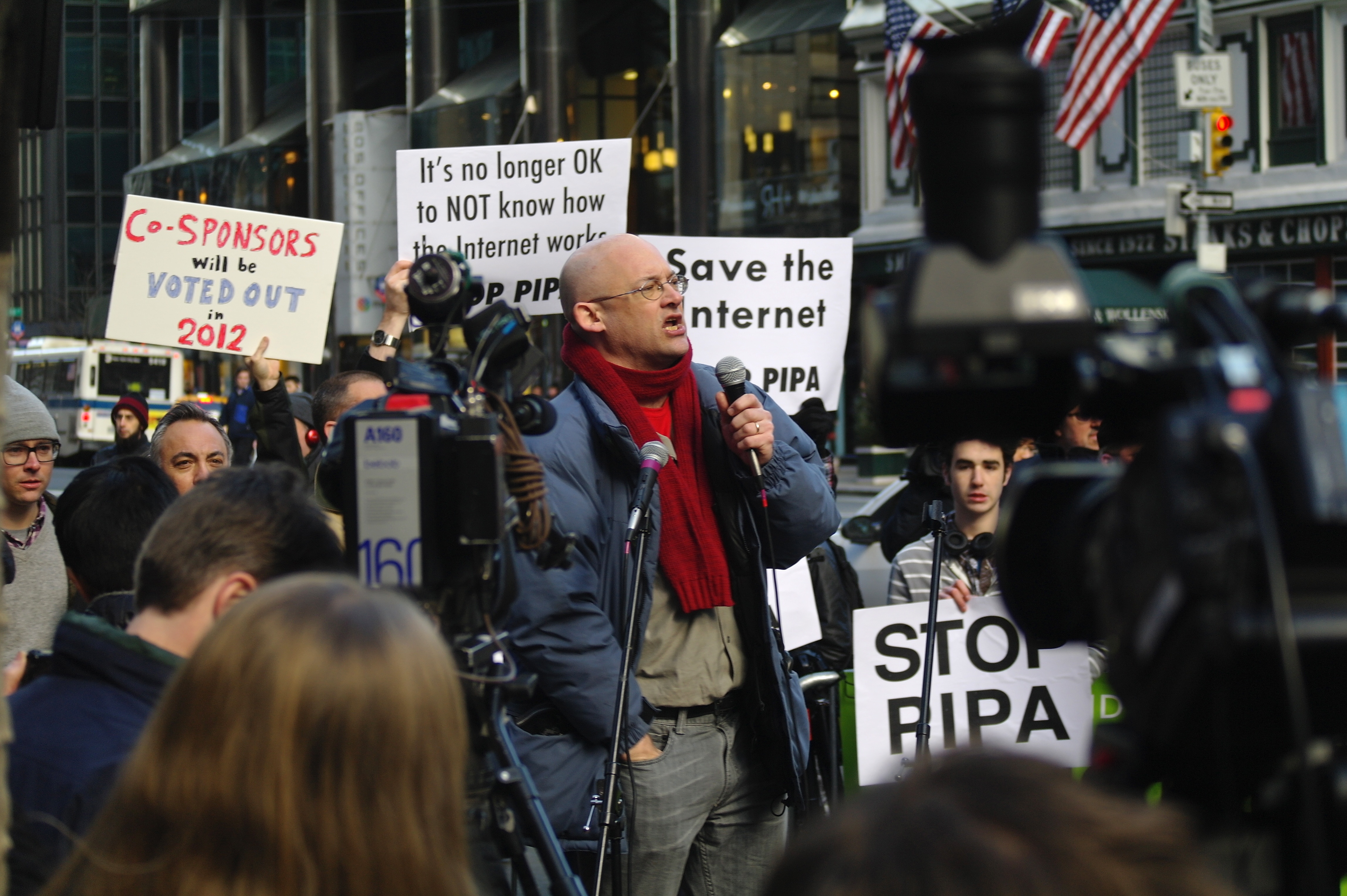Quelle: Here Comes Everybody: The Power of Organizing Without Organizations (2008), p. 139-140
Clay Shirky: Zitate auf Englisch
Quelle: Here Comes Everybody: The Power of Organizing Without Organizations (2008), p. 14
Cognitive Surplus : Creativity and Generosity in a Connected Age (2010)
Little Rice: Smartphones, Xiaomi, and the Chinese Dream (2015)
"The Shock of Inclusion" http://www.edge.org/q2010/q10_1.html#shirky, in The Edge Annual Question — 2010: How Is the Internet Changing the Way You Think? http://www.edge.org/q2010/q10_index.html, January 2010
Quelle: Here Comes Everybody: The Power of Organizing Without Organizations (2008), p. 29
And I'm betting the answer is yes.
Gin, Television, and Social Surplus (2008)
Cognitive Surplus : Creativity and Generosity in a Connected Age (2010)
Cognitive Surplus : Creativity and Generosity in a Connected Age (2010)
Little Rice: Smartphones, Xiaomi, and the Chinese Dream (2015)
Cognitive Surplus : Creativity and Generosity in a Connected Age (2010)
“When we change the way we communicate, we change society.”
Shirky (2008), cited in: Jennex, Murray (2012). Managing Crises and Disasters with Emerging Technologies. p. 3
Little Rice: Smartphones, Xiaomi, and the Chinese Dream (2015)
Cognitive Surplus : Creativity and Generosity in a Connected Age (2010)
Gin, Television, and Social Surplus (2008)
Little Rice: Smartphones, Xiaomi, and the Chinese Dream (2015)
Quelle: Here Comes Everybody: The Power of Organizing Without Organizations (2008), p. 29
Cognitive Surplus : Creativity and Generosity in a Connected Age (2010)
